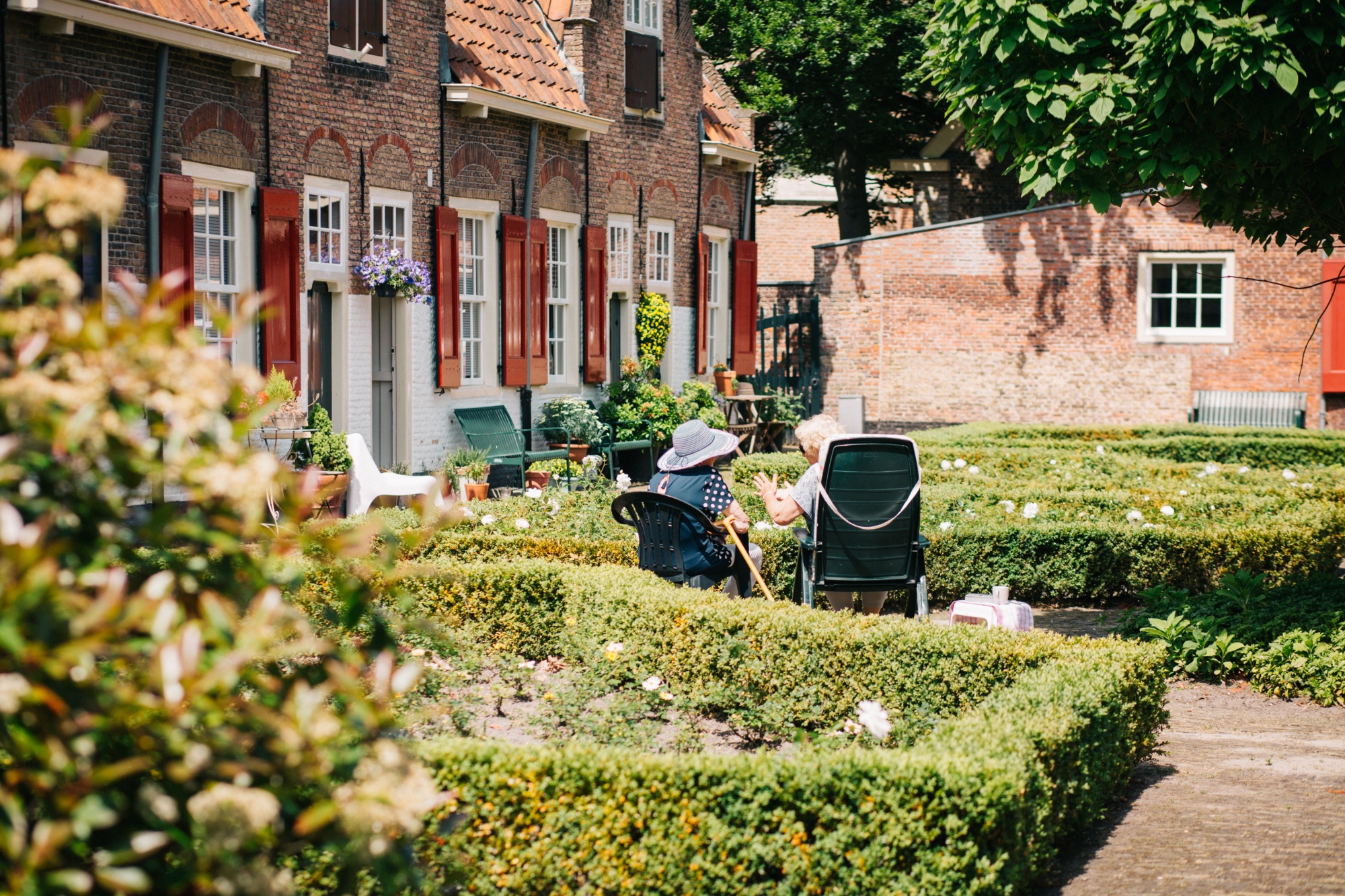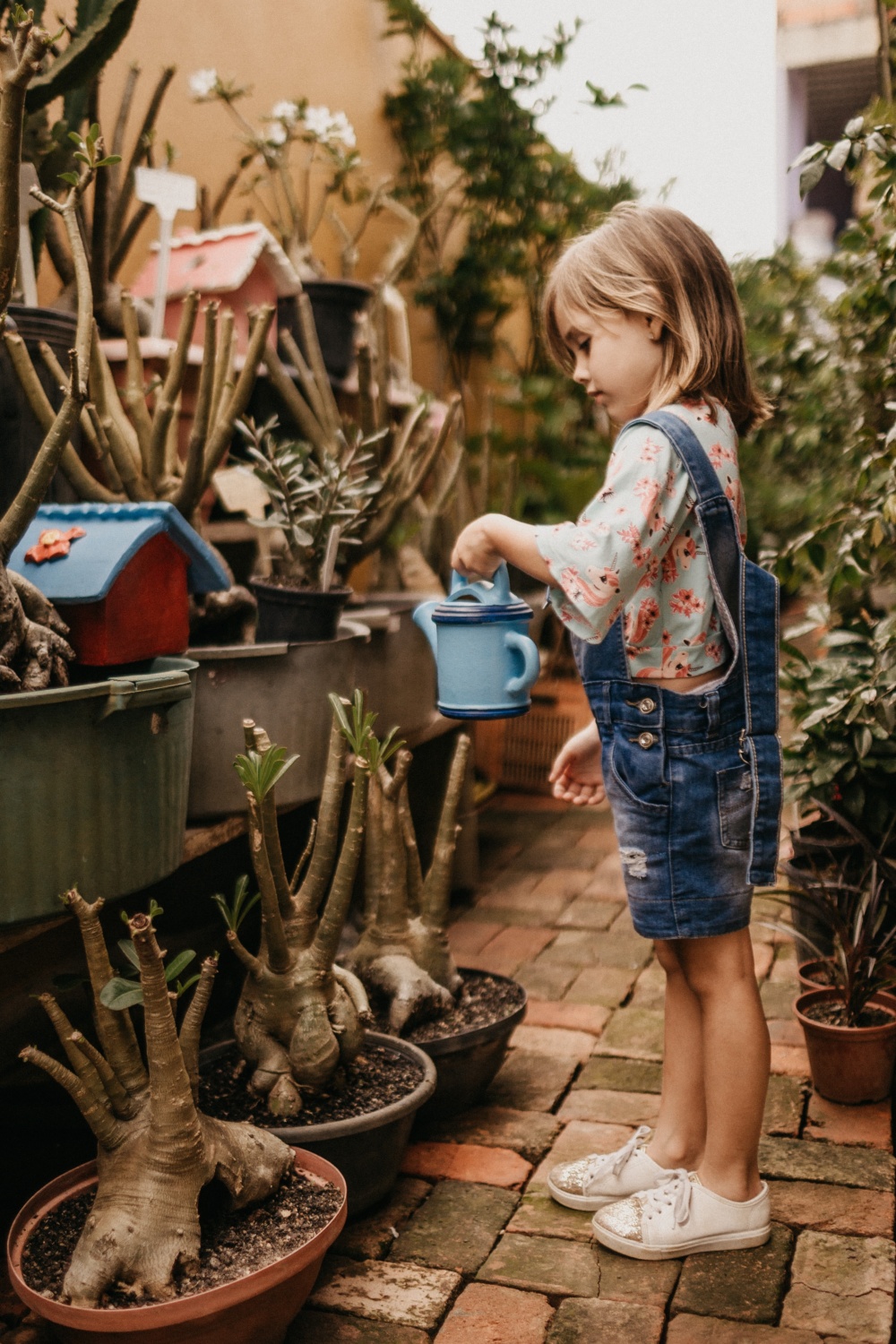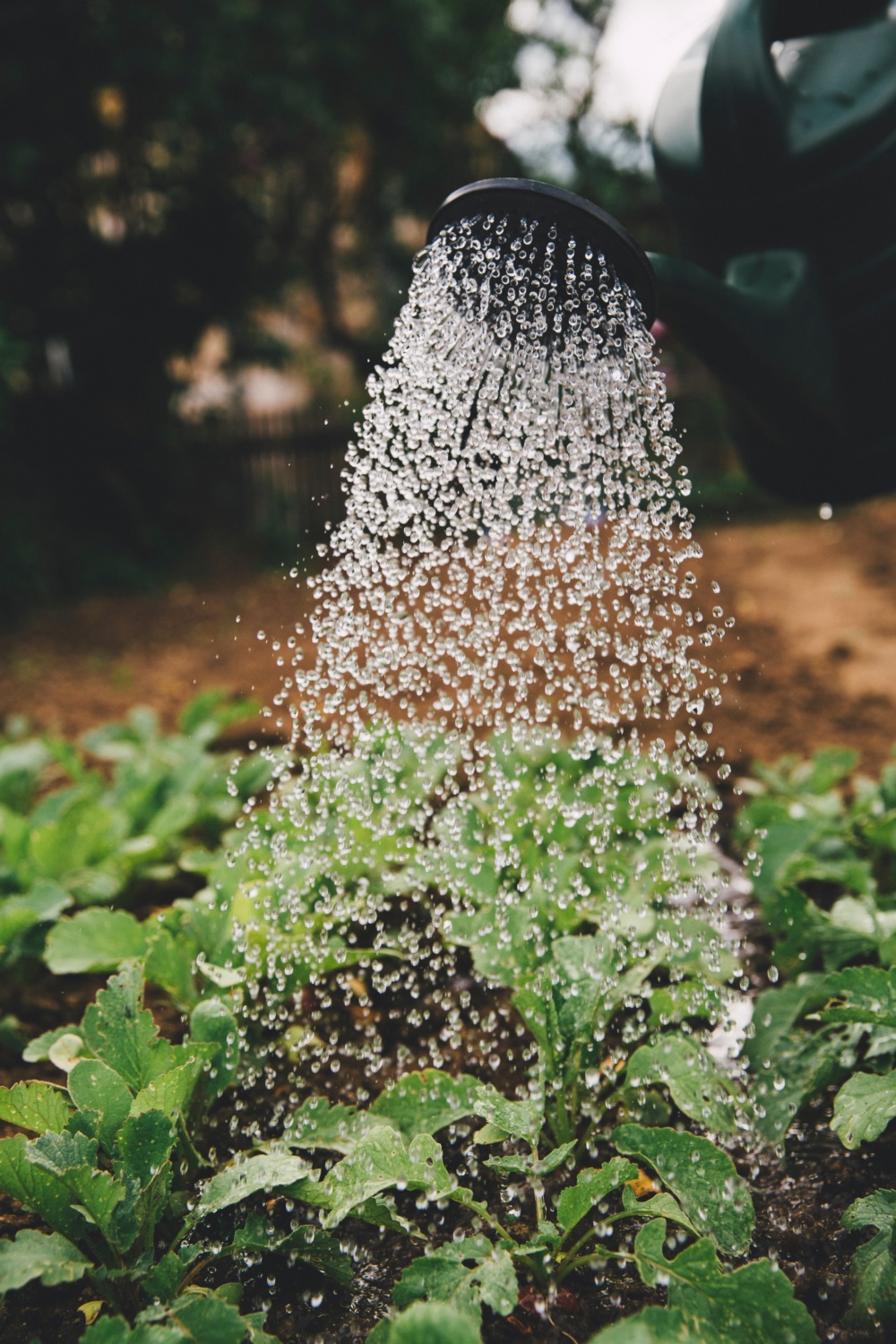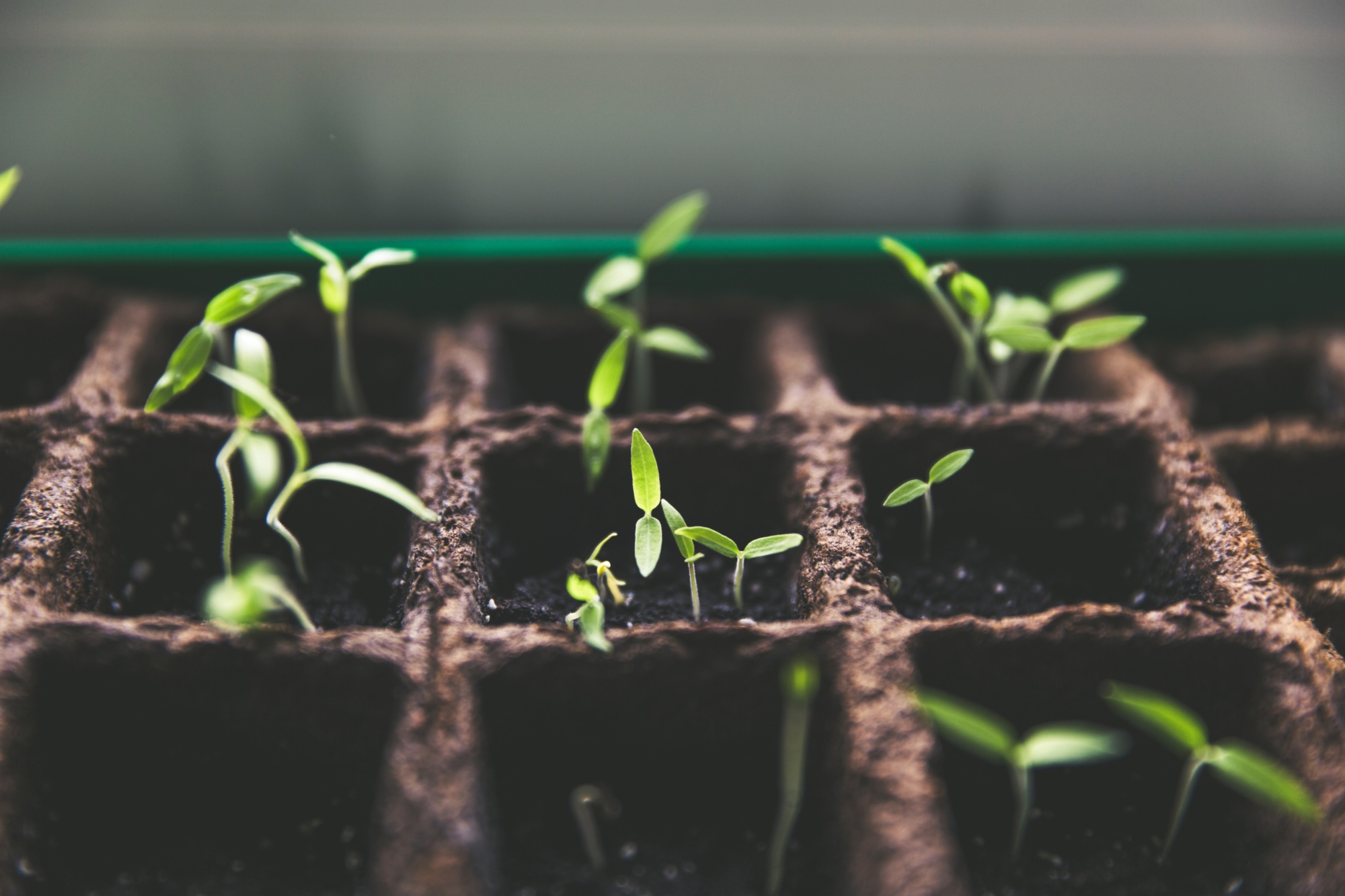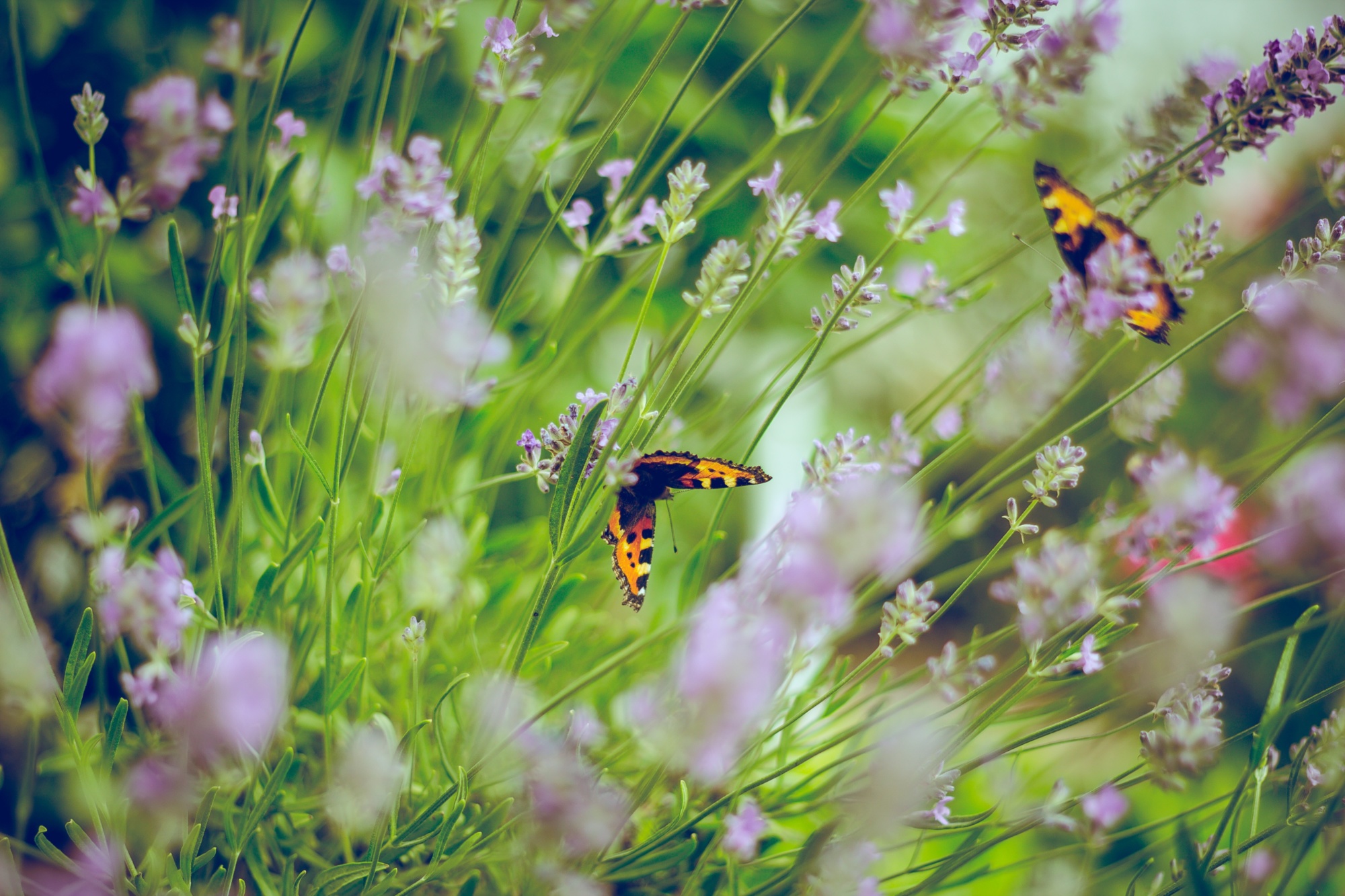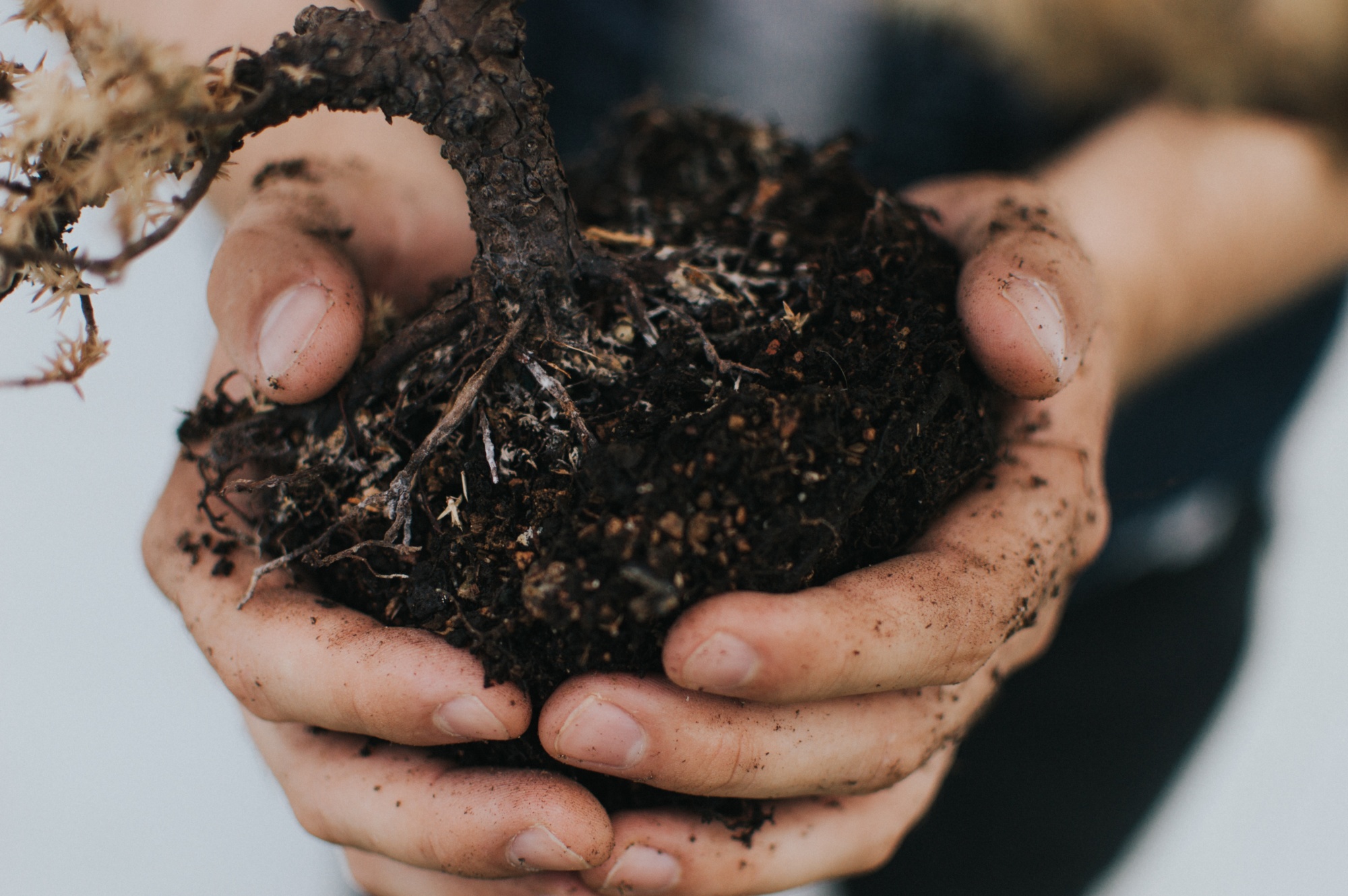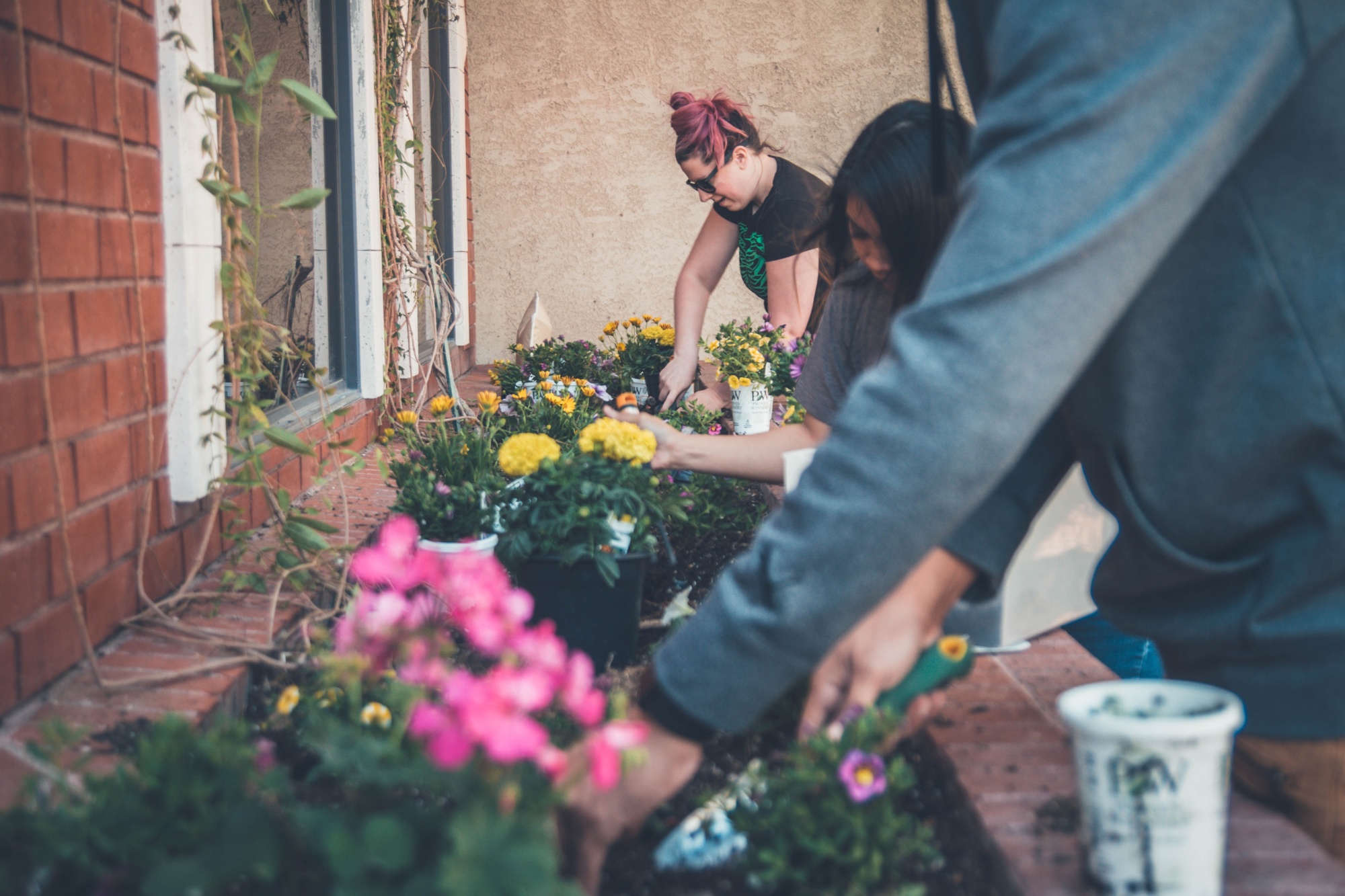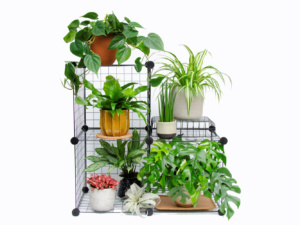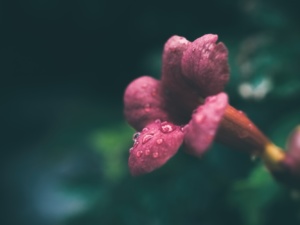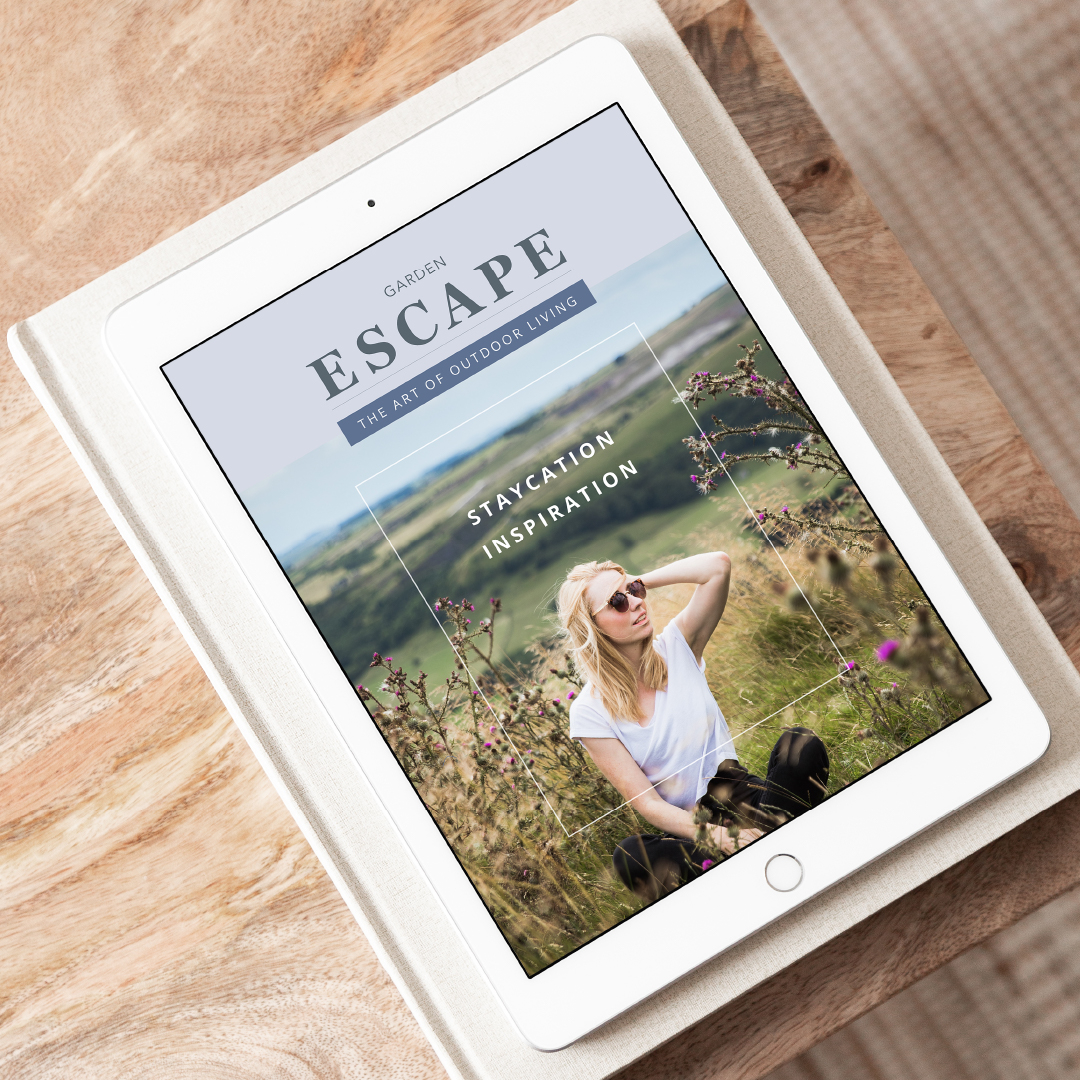Notes from the garden
Gardening as Therapy
By all accounts, we’re a nation of gardeners. With the sale of vegetables seeds out-stripping flowers this growing season, it appears we’re all looking to our gardens for nourishment. There are so many health and social benefits of gardening and with a long Easter weekend stretched out ahead of us there’s no better time to self-medicate with some horticultural therapy.
Gardening Changes Lives
Gardening is one of those few activities in which you can become wholly absorbed and escape from the pressures of everyday life. On a sunny day with trowel in hand there’s hope for us all to achieve this Zen like state.
Horticultural and woodland therapies are attracting attention thanks to the increasingly well-documented value of the great outdoors on people’s mental health and well-being.
Research suggests it’s the non-threatening space and feeling of empowerment gardening instils. It also helps develop nurturing skills and boosts mindfulness.
Other research shows exposure to gardens and wildlife could lower BMI and help to combat obesity.
Regular gardening has been proved to reduce the risk of falls and fractures among the elderly and minimise social isolation. What’s more digging and weeding were shown to be better exercise even than moderate cycling.
Savour the Moment
Keen gardeners always remark “they go somewhere else” when they’re gardening. If you’ve ever tried to grow from seeds you soon start to appreciate you can’t hurry it along.
Gardening is the antidote to the frenetic pace of modern life. It forces you to slow down and brings you into the moment.
For anyone living with depression it can be hard looking to the future, but gardening gives a greater sense of purpose to plan for the future with the promise of seeing results of your efforts.
These sorts of outcomes are being harnessed by GPs who are writing green prescriptions to treat mental health, help the recovery of stroke survivors and slow the deterioration caused by degenerative illnesses.
A Sense of Connection to Nature
Nature heals. As technology has a tighter and tighter grip on our lives people are naturally looking to blur the line between indoors and outdoors.
The enthusiasm with which we’ve embraced houseplants plays into all the principles of biophilic design or a human’s innate need to be around other living things.
Gardening is such a meaningful activity that builds skills and confidence. As part of a project, gardening also creates an opportunity to develop social skills, forges friendships and increases independence.
New Wellbeing Garden
Next year will see the unveiling of the Wellbeing Garden as a key part of the new RHS Bridgewater in Salford. It has been designed by Ben Brace in consultation with 20 healthcare organisations over 6 months.
This Wellbeing Garden will have three distinct spaces:
- Reflective spaces, planted with woodland glade plants such as birch, hazel, evergreen ferns, ivy and spring bulbs, surrounded by beech hedges for seclusion.
- Growing spaces, including raised planters in which users will be encouraged to take over to grow and care for plants of their choosing
- Meeting and moving spaces, including shrubs and herbaceous borders, with plants that evoke memory and past experience such as Dahlias, thornless roses and asters.
The Garden Path to Recovery
Gardens are calming and restorative places. A paradise where you can marvel at nature’s bounty and reflect on the beauty of the natural world.
Simply being in a garden can make you happier and healthier. Gardening is a very inclusive activity and focusses on a person’s abilities.
Wonderful therapeutic gardening projects are springing up around the country. For example, Carry on Gardening is a national charity helping anyone with a disability to start or continue gardening. Grow Wild is a national outreach initiative of the Royal Botanic Gardens in Kew encouraging people to engage with nature and transform spaces by planting seeds. thrive.org.uk is a charity running gardening projects for people with mental health problems.
The NHS announced earlier this year that they were recruiting 1000 link workers to help GPs with social prescribing which includes horticultural therapy. Safe to say that gardening as therapy is firmly on the agenda for the future.
Top 5 benefits of gardening:
- Gardening reduces your body’s levels of stress hormone cortisol
- Digging the dirt improves your immune system
- Turning the soil increases production of serotonin in your brain
- Surrounding yourself with plants improves your relationships
- Plants are natural moderators of moods
